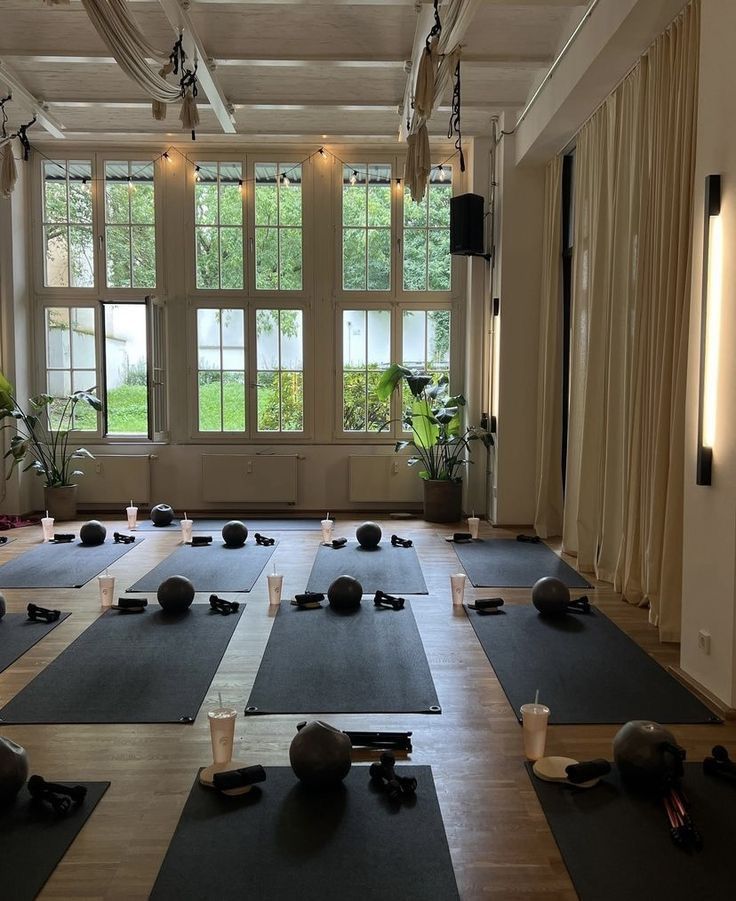Every Thursday morning, I get up and drag myself to my local gym’s weekly “Abs n Ass” class at Functions Gym. For those unfamiliar, this class is designed to target and tone your core and glutes with a mix of strength training and cardio. The vibe is high-energy, and the class is often filled with put-together, beautiful, and toned fitness influencers who are dedicated to their craft.
But over the past few weeks, I’ve noticed something that piqued my curiosity: many of these women take photos during and after the class to post on their social media profiles. It’s become an important part of their fitness routine, but I couldn’t help but wonder—why? Why is sharing a photo or video during or after a workout an essential part of the process? Why is it no longer just enough to participate in an experience without documenting and sharing it with the world?
The Rise of Social Media Sharing: A Cultural Shift
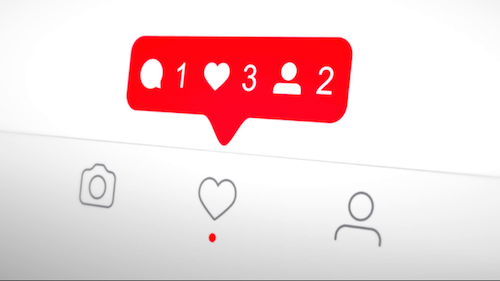
The need to share every aspect of our lives on social media has become an almost instinctual behavior for many, especially among younger generations like Gen Z. It’s hard to deny the prevalence of this trend. Whether it’s a fitness routine, a moment from a trip, or a daily activity, we feel the impulse to document our experiences and share them with others. But why is this the case?
According to research, one reason lies in the way social media platforms are designed. Social media provides an immediate reward system in the form of likes, comments, and shares, which triggers the brain’s release of dopamine—the “feel-good” neurotransmitter. This instant gratification reinforces the behavior of sharing, making it feel rewarding. Over time, this has created a cycle where individuals are driven to share more of their lives in order to experience that same rush of dopamine.
The Psychological Need for Validation
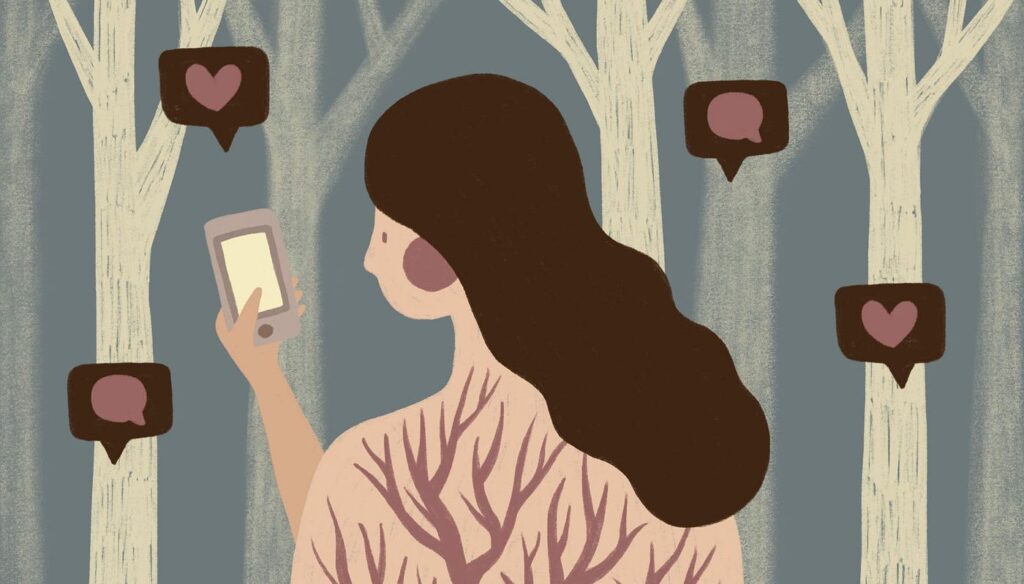
Gen Z, growing up in the age of digital connectivity, has been shaped by the constant presence of social media. The desire for validation and recognition is a strong driving force. Posting a workout photo, a perfectly curated selfie, or a picture of a healthy meal can evoke a sense of accomplishment and social approval. For many, it becomes a way of affirming their identity and status within their social circle.
This validation is not only internal—many individuals gain external recognition as well. In the fitness community, influencers have built entire careers on showcasing their health journeys, workout routines, and transformations. By participating in this culture, people may feel they are part of a larger movement, gaining social capital or support from followers.
The Pros of Sharing on Social Media
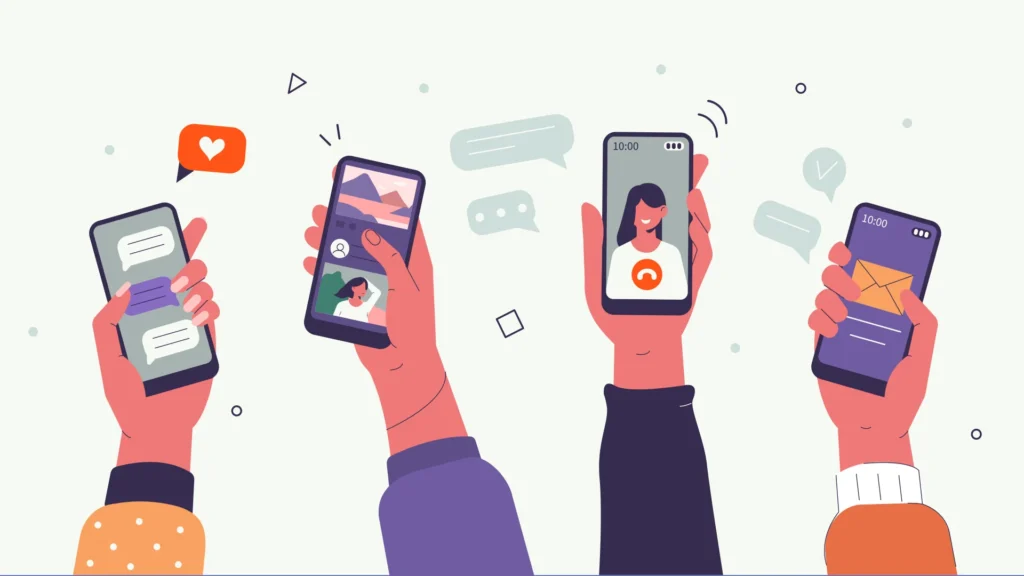
There are some positive aspects to the social media-sharing culture, particularly when it comes to fitness and wellness. For one, it can help foster a sense of community. When people share their progress, tips, and routines, it can inspire others to take part in similar activities, leading to a shared sense of motivation and accountability.
For fitness influencers, sharing workout content can serve as a form of personal branding, building a following and creating opportunities for collaboration, sponsorships, or even business ventures. It can also create a space for discussions around health, wellness, and self-improvement. Additionally, for some people, documenting their fitness journey can act as a visual record of progress, helping them track improvements over time.
The Cons: The Dangers of Over-Sharing
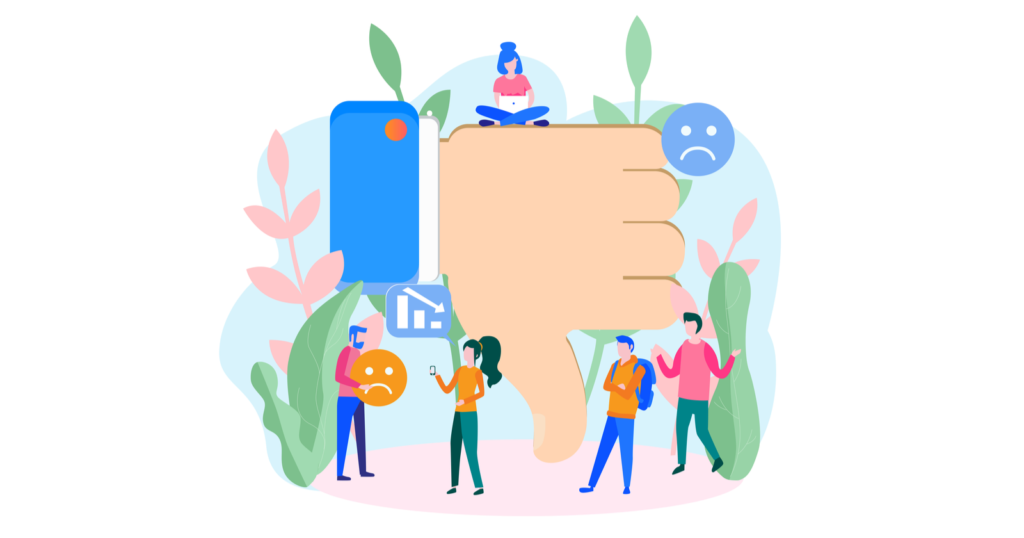
However, the constant need to share has its downsides. First, it can create unrealistic expectations. Social media often showcases only the highlights—the perfect workout, the ideal body, the best angle. This selective portrayal can lead to feelings of inadequacy and self-comparison among others, especially when they are unable to meet those high standards. For many, this can lead to body image issues and a distorted sense of reality, where the pursuit of “perfection” becomes an obsessive goal.
Furthermore, the emphasis on documentation can detract from the intrinsic experience of living in the moment. Instead of focusing solely on the feeling of accomplishment after a workout or the personal growth gained from a challenging activity, the act of sharing becomes the priority. This shift in focus can prevent people from truly engaging in their experiences and appreciating them for what they are, rather than what they appear to be on social media.
Finally, the need to constantly be “on display” can contribute to burnout. The pressure to maintain a curated, polished online persona can feel exhausting, especially when the line between personal life and online life becomes blurred. Some may feel obligated to perform for their audience rather than simply live authentically, leading to emotional and mental strain.
Finding Balance
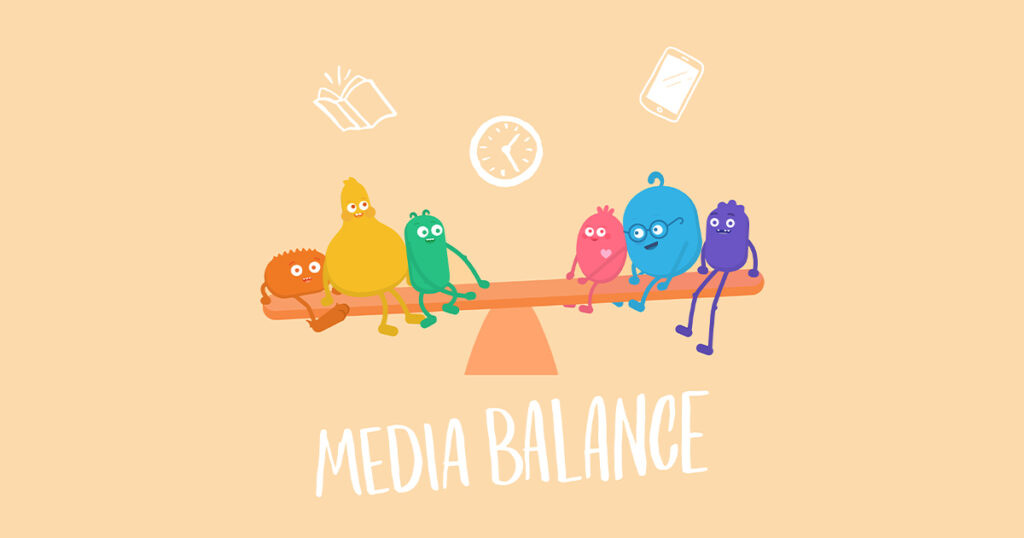
Striking a balance between sharing meaningful moments online and fully engaging in personal experiences is essential for mental well-being. While social media offers opportunities for connection and inspiration, it’s important to recognize when constant sharing may lead to stress or anxiety. Studies have shown that taking breaks from social media can reduce anxiety and depression, enhance focus, and improve sleep quality (Martinez, 2025). By periodically disconnecting, individuals may experience a reduction in stress levels, leading to a healthier lifestyle (Ramadhan, R. N., Rampengan, D. D., Yumnanisha, D. A., Setiono, S. B., Tjandra, K. C., Ariyanto, M. V., Idrisov, B., & Empitu, M. A. (2024).
Authentic sharing, driven by genuine expression rather than obligation, fosters real engagement and self-expression. By focusing on meaningful connections and being mindful of our social media use, we can enjoy the benefits of these platforms while preserving our mental health and well-being. It’s crucial to remember that real life exists beyond the screen, and sometimes, the most meaningful experiences are those we fully immerse ourselves in, without the need to capture them for an audience.
What are your thoughts on balancing social media sharing with personal experiences? Do you find it challenging to disconnect, or have you discovered strategies that work for you? Share your experiences in the comments below; I’d love to hear your perspective.
Sources
Martínez, N. A. (2025, March 4). Social Media Detox: How to UNPLUG for Better Mental Health. CNET. https://www.cnet.com/health/mental/social-media-detox/?utm_%5C
Ramadhan, R. N., Rampengan, D. D., Yumnanisha, D. A., Setiono, S. B., Tjandra, K. C., Ariyanto, M. V., Idrisov, B., & Empitu, M. A. (2024). Impacts of digital social media detox for mental health: A systematic review and meta-analysis. Narra J, 4(2), e786. https://doi.org/10.52225/narra.v4i2.786

